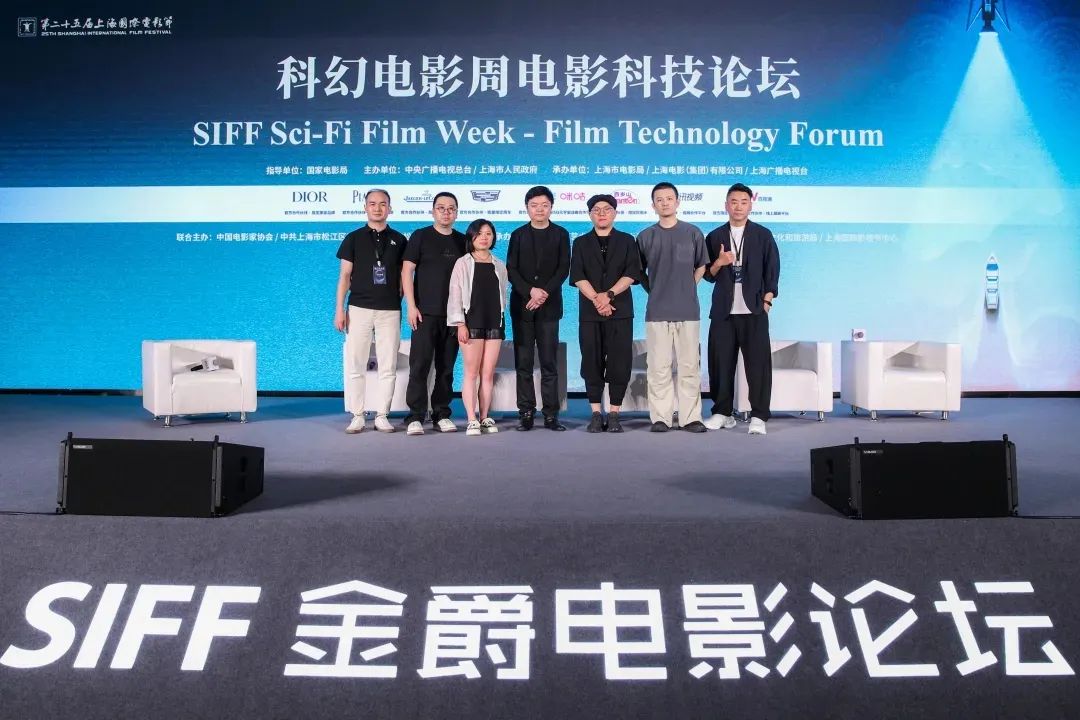Sci-Film Week|Promising Future of Chinese Sci-fi Films
On June 10, the Film Technology Forum of the SCI-FILM WEEK at the 25th Shanghai International Film Festival (SIFF) was held in Songjiang, Shanghai. Spotlighting “Visual Industry and Aesthetic System” and how science fiction films drive the development of the film industry, this forum invited Mu Zhifei, Director of CG Conceptual Commission of China Film Art Direction Academy and instructor at the Film Visual Effects Studio of Central Academy of Fine Arts, Gao Feng, Secretary General of CG Conceptual Commission of China Film Art Direction Academy, Ma Ping, Deputy General Manager of State Production Base of China Film Group, Zhang Bo, Concept Designer of THE WANDERING EARTH series, Xu Tianhua, Concept Artist of LOVE, DEATH & ROBOTS and GODZILLA: KING OF THE MONSTERS, and Ding Yanlai, Visual Effects Director of THE WANDERING EARTH series, and other senior film workers and experts in the art, visual and industrial sectors of science fiction films in the domestic film industry to offer their views.
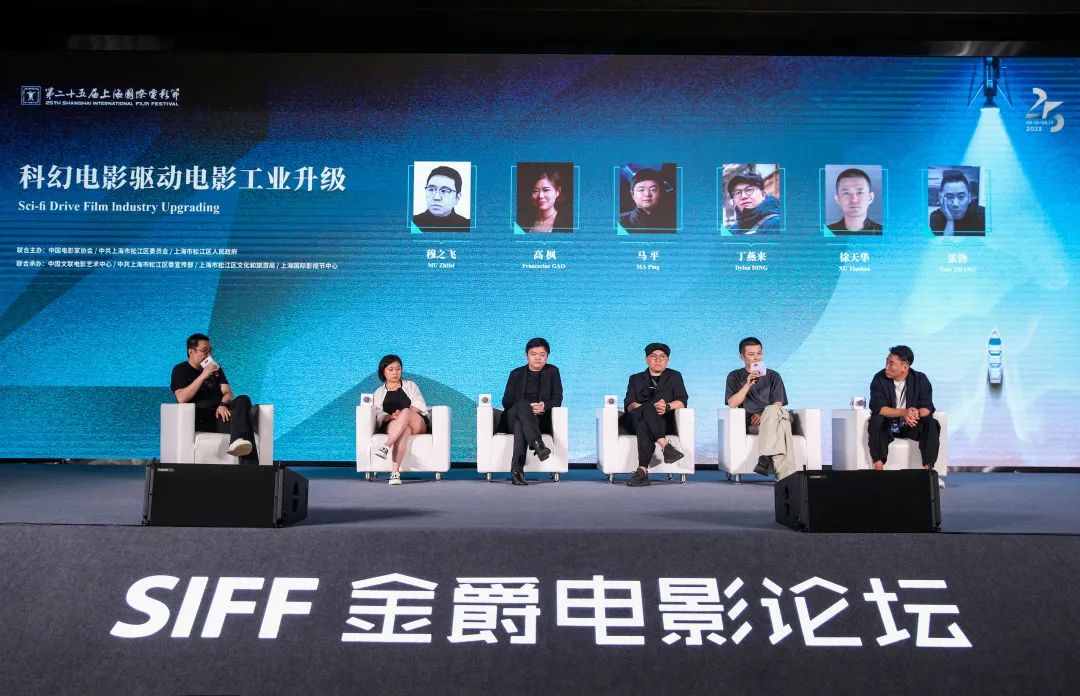
Mu Zhifei opened the forum by saying that culture will give birth to a genre of aesthetics, and that culture is part of the latter. We are now facing a “post-human” crisis dominated by technology, but this crisis has spawned an excellent opportunity for Chinese science fiction cinema, as science fiction literature and science fiction cinema around the world will flourish in amid such a crisis. The creation of science fiction audiovisual works can often be framed virtually as an assembly line of mass-production and reproduction.
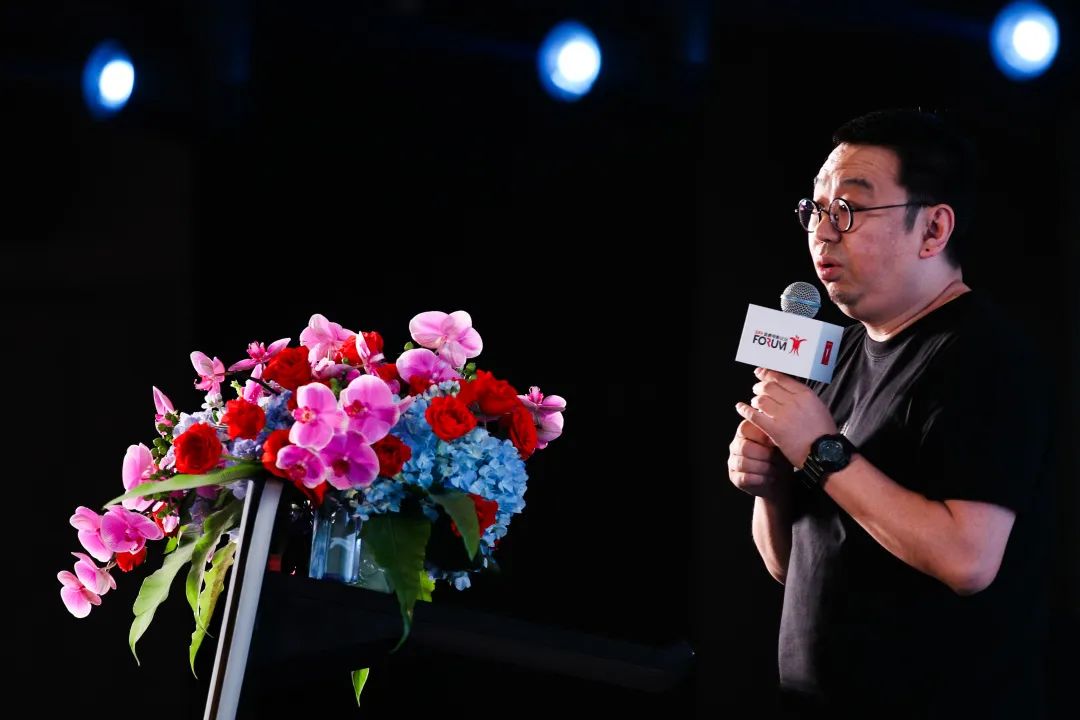
Director of CG Conceptual Commission of China Film Art Direction Academy and instructor at the Film Visual Effects Studio of Central Academy of Fine Arts
Mu Zhifei
Sci-fi films and the film industry, the engine for each other
In the roundtable discussion titled “Sci-fi Film Drives Industry Development”, Gao Feng shared her experience as a visual effects producer. In her opinion, in the whole industrial system, the most tough challenge for science fiction films lies in creation, because you have to imagine everything. To add a realistic tone to science fiction, creators will need more theoretical support in science and technology. According to Ma Ping, science fiction films have played a very important role in promoting the development of film technology and film techniques. Hard science fiction films require the support of a very complete industrial system, such as a large amount of digital assets and a large amount of visual effects production, so such science fiction films also directly drive the process of film industrialization. Ding Yanlai, with experience in producing the visual effects of THE WANDERING EARTH series, knows first-hand the importance of the two-way technical driving force between science fiction films and film industrialization.
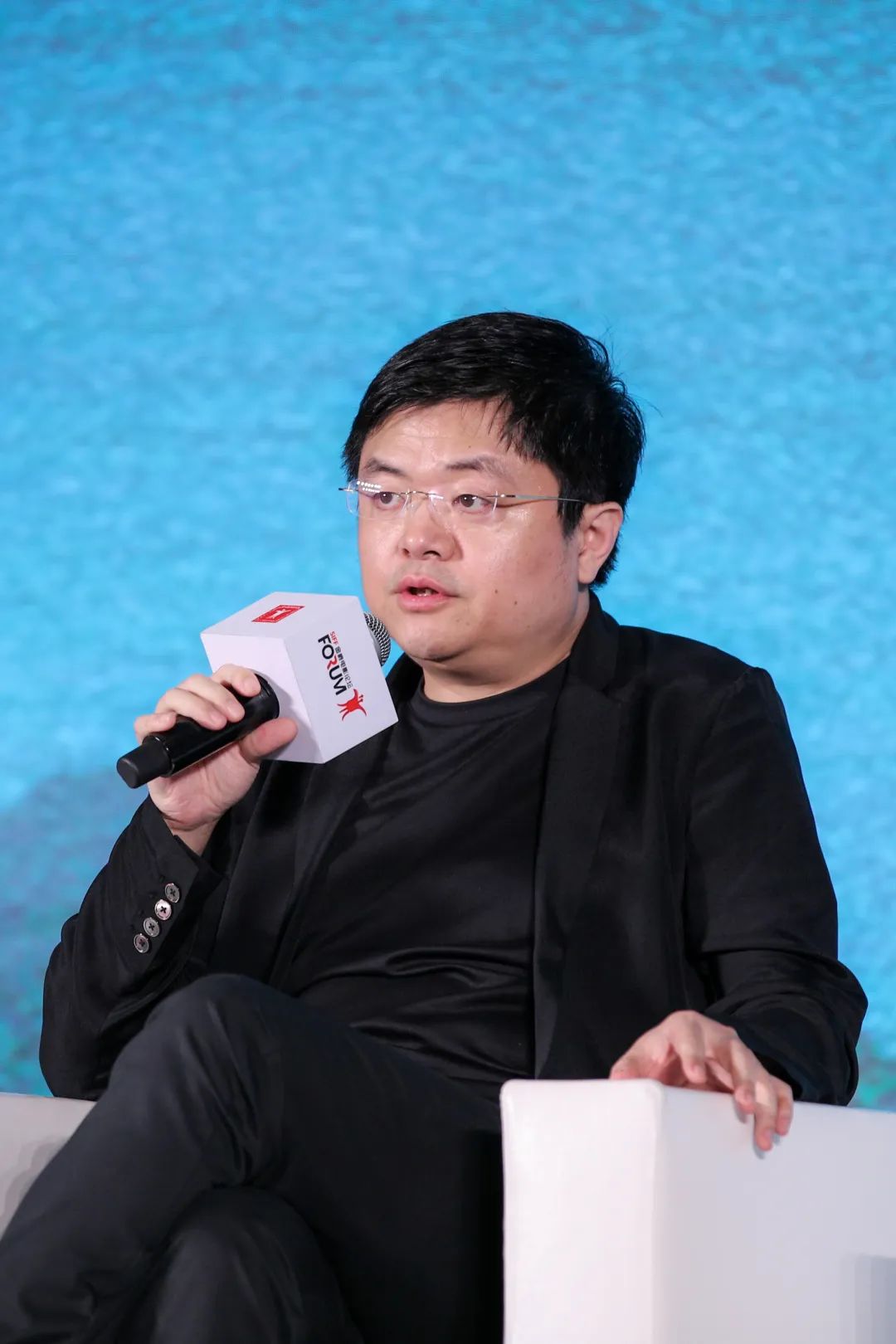
Deputy General Manager of State Production Base of China Film Group
Ma Ping

Visual Effects Director of THE WANDERING EARTH series
Ding Yanlai
In response to the changes AIGC has brought to the film industry, Gao Feng talked about some of her own experiences with the use of AI. In her opinion, these technologies have not yet reached industrial-level applications, but they can help people with ideas to create more quickly. Ma Ping pointed out that these technologies are already productive and we need to understand it and embrace it, no matter what the future development profile is and what concerns it may pose. Xu Tianhua, Zhang Bo and Mu Zhifei all agreed that AI is just an enhanced version of a tool to make creation easier, and we don’t need to be anxious about it. For creators, for all filmmakers, using it to make more good films is the ultimate goal.

Secretary General of CG Conceptual Commission of China Film Art Direction Academy
Gao Feng
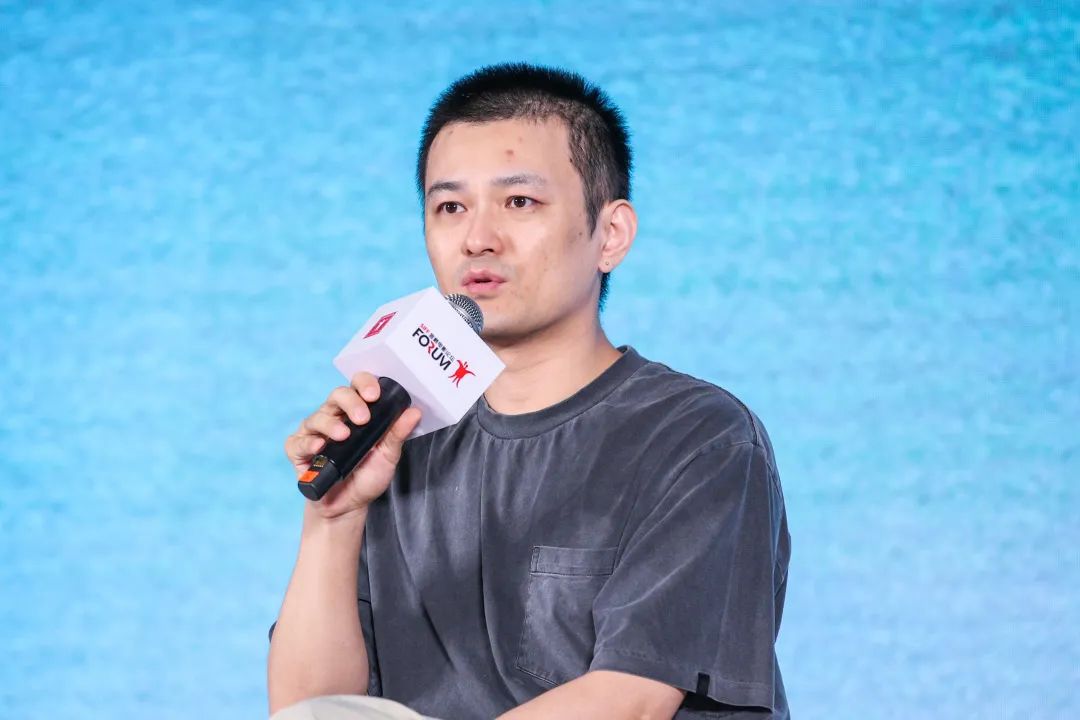
Concept Artist of LOVE, DEATH & ROBOTS and GODZILLA: KING OF THE MONSTERS
Xu Tianhua
More works needed to build the aesthetic systemfor Chinese Sci-fiction films
On the topic of how Chinese science fiction or fantasy films can establish their own aesthetic system, Zhang Bo, the concept designer of THE WANDERING EARTH series, believes that Chinese science fiction literature provides a particularly favorable science fiction breeding ground for Chinese science fiction films, and that we can convey emotions and express Chinese thinking in our stories, and gradually develop an aesthetic system through the accumulation of our works, driven by content. Xu Tianhua, who has worked as concept designer for the fantasy film MOJIN - THE LOST LEGEND and the sci-fi drama series LOVE, DEATH & ROBOTS, suggested that any country or region making its own sci-fi and fantasy films must have them rooted in its own social culture or pop culture. China’s pop culture is currently in its budding age just as science fiction films and the film industry, showing thus a relatively homogeneous nature, and we need more works to build a pop culture system.

Concept Designer of THE WANDERING EARTH series
Zhang Bo
What is the value of traditional culture for us in making science fiction and fantasy films, from an aesthetic point of view? And how can tradition and modernity be better integrated in science fiction works? To answer this question, Gao Feng recalled her own experience of working on a project. Faced with the need to combine traditional Chinese culture with technology, she would resort to some more down-to-earth ways to shape people’s perceptions or provide more options for directors. She believes that all Chinese science fiction films have a Chinese spiritual identity at their core, and that Chinese science fiction films will naturally bear the humanistic sentiment from traditional culture.
Ma Ping offered an outlook on the visual industry system for Chinese science fiction films, and provided some suggestions. He believes that the future visual industry system needs both aesthetics and technology and industry. We must be firm in our cultural confidence, and with unremitting efforts, science fiction films, science fiction literature and the science fiction industry will certainly bear brilliant fruits on this land.
